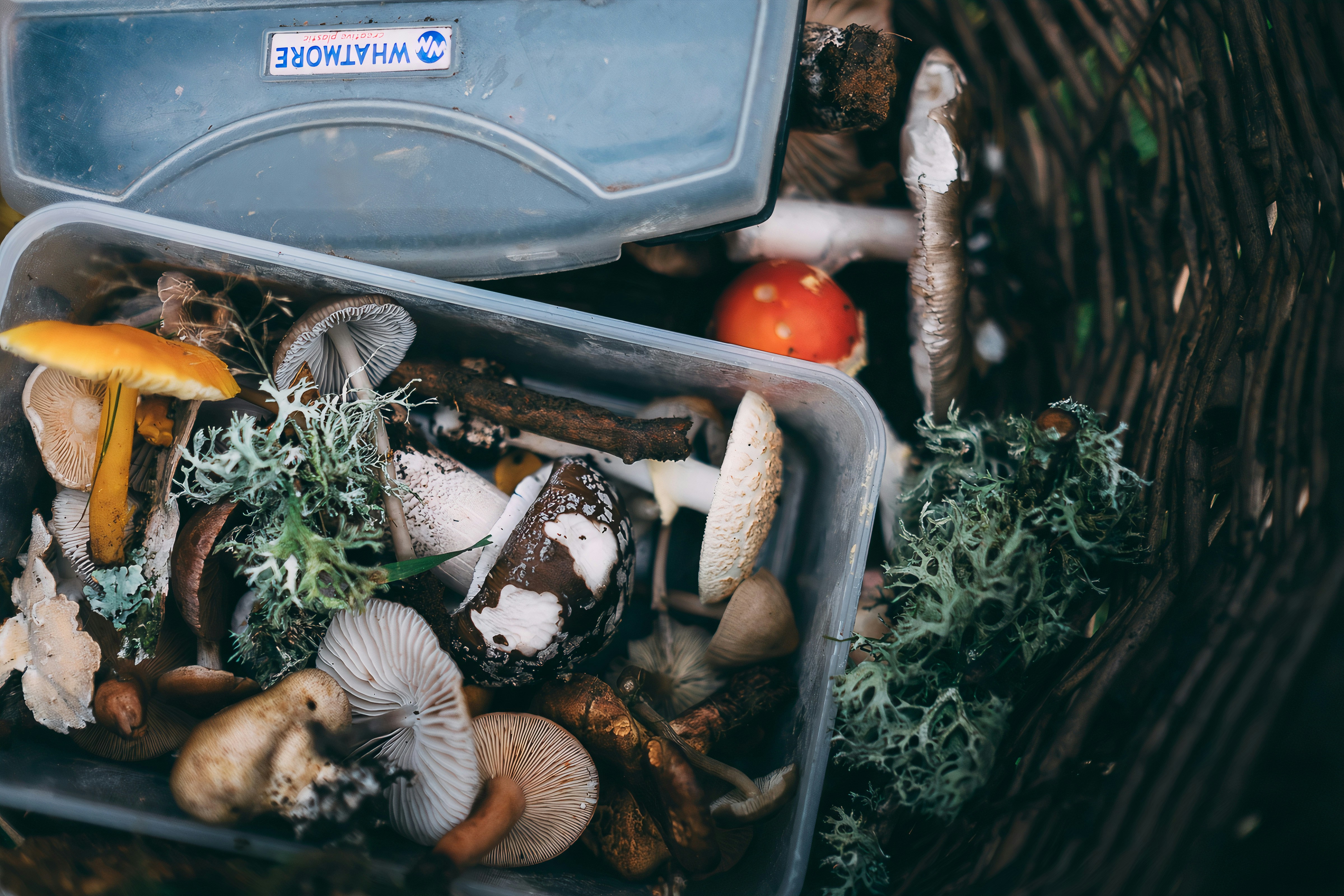THE WAY THINGS ARE
We’re all subjective when it comes to what we consume for sustenance or pleasure. The rich can be picky and pricy about what they eat, the poor are stuck with what they can afford. On the BBC, I heard people worrying that they might lose their allotments. These traditional small patches of land cared for by gardeners growing their own vegetables, are a much-appreciated resource as well as a pleasant pastime.
Buying a tin of mass-produced peas, I thought of shelling homegrown peas from the garden with my mother. She could grow anything, flowers, fruit or vegetables. People who grow their own food eat it knowing it’s safe from harmful, synthetic chemicals.
My youth was peppered with ads for products we now know are unhealthy. Boys were cool if they smoked, because the glamorous male movie stars we crushed on smoked, as did the beautiful women who starred opposite them. Then, smoking was allowed in cinemas, theatres, restaurants and pubs, non-smokers inhaling the exhaled poison of the smokers.
Ads showed alcoholic liquids being appetisingly poured into glasses. For an addicted person, watching someone enjoy the depicted pleasure prompts the appetite to indulge. We were ignorant then of how unhealthy some of the imagined glamorous habits could become.
Manufacturers were aware of the consequences of intended inducement to keep a habit going yet kept encouraging consumption, profit was king and they were not forcing anyone to drink or smoke. We have more access to information now but we don’t always scan small-print labels, and some upfront information can be misleading.
I was buying 0% sugar products until I discovered I had a uric acid problem. Zero real sugar means a substitute that is not healthy for someone with that. As I grow older, it behooves me to check my medical problems against what I consume. Medication for one complaint can become troublesome when mixed with another, as age or medical conditions rearrange our bodily needs, and we don’t all react in the same way to common medication or food.
My blood pressure pill, I read, increases levels of uric acid, so check the warnings in your med packs carefully. A cardiologist advised me to use my asthma spray sparingly because it affects my high blood pressure. At this late stage, I also discovered I had lactose intolerance. Me! An Irish woman raised on dairy! I used to enjoy tomatoes, went off them inexplicably to learn they too are on the bad uric acid list.
The biscuits and chocolate I also remember from childhood all had individual tastes. So much now, aftertastes of little other than sugar or its substitutes.
Why, when it’s common knowledge the bodily damage excess salt and sugar can do, and the costs incurred to health services, are there no strict universal laws demanding manufacturers cut down on them? They want us to buy, so they give us the sugar rush or the tang of salt we crave, not as disastrous as other addictive habits but still potentially harmful.
Laws have been created to prevent smoking in certain places, pictures on ciggy packs show disgusting images of what smoking can do to you. Why not a list on sugary and salty items warning of the dangers of overconsumption? In my hometown there is a foraging group, children tag along to learn what is naturally safe and nutritious to eat. Those little UK allotments in a rapidly heating world could be a clean food saver for many.
Climate change will necessitate rethinking self-indulgent lifestyle habits. Our summer was a droughty one, water for farms rationed, prices rose. Plastic is entering our diets and bodies and we still use it excessively, while talks on its limitation put business profit before health and climate. Like it or not, we will have to fast backtrack to the simpler, less convenient ways of the past if we want a livable future.






Click here to change your cookie preferences